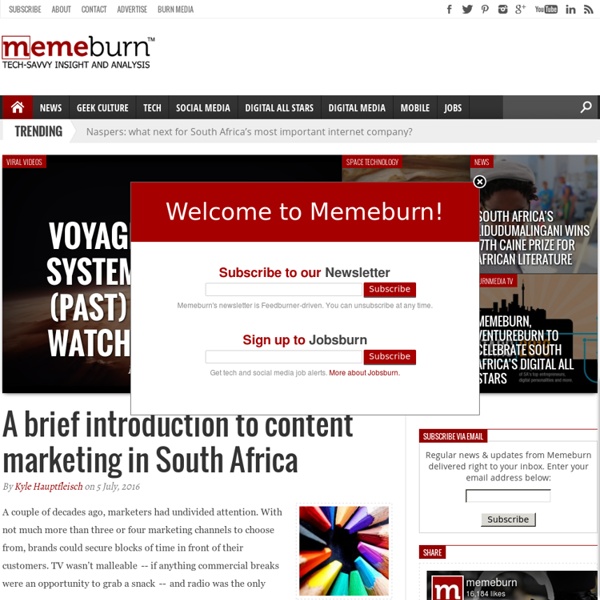



32 web frameworks to choose from for your next project Whether you’re wanting to build a tech startup or enhance your company’s online presence you are going to be facing two constraints. First, a limited budget and second, a tight deadline. A solution to these problems is a web development framework. Frameworks are built on top of programming languages and provide methods of streamlining some of the more mundane and common tasks associated with web development. In essence, they allow developers to achieve more with less coding, saving both time and money. Web development frameworks come in all different shapes and sizes and there is no “best” framework as each has its own specialty and learning curve. Below, we review some of the most popular frameworks to help you in planning you next project: Ruby on Rails Rails is one of the most popular frameworks in the web development world. Screencasts and tutorials make it easy to dive in to the rails community. Used by NASA Science and commenting platform Disqus Used by The Onion Store and followmy.tv
Search Engine Land: Must Read News About Search Marketing & Search Engines TechCrunch Is there a viable search alternative to Google? In light of the “Your World” ruckus that is taking the tech world by storm, including more employees who want to leave, perhaps it’s time to look at a few alternatives to el Goog. What can be assured from the get-go is that none of these pretenders-to-the-throne have anywhere close to the ubiquity that Google has in terms of product diversity and user figures: Yahoo! (The obvious one) With 14% of the world’s search engine traffic, the ailing search engine company is the only competitor that, if it got its house in order, could attempt to topple the search giant. Yahoo is still immensely popular in Asia and enjoys a considerable amount of search spend that advertisers place in the region. Bing (Another obvious one) Unless you’ve been hiding under a rock, you know that Yahoo! Addictomatic Users find it really good for varied information sources on one topic.
Tech and Internet Industry News - HuffPost Tech MyADSL Not free, not open: The Memeburn interview with WhatsApp’s Brian Acton In one of only a handful of public interviews ever given by WhatsApp, co-founder Brian Acton talks exclusively to Memeburn about simplicity, speed and simplicity, and what it takes to make some cash. The fact that WhatsApp is so popular is no surprise, and yet to become the number one smartphone messaging app in a sea of same-same services is mysterious. Sure, people like to communicate, and will latch onto a service that lets them do it easily and cheaply. But for every WhatsApp, there are ten other flavours that have cuter logos, more features, more platforms, do more, arguably do it better, and are free. So why is the little green speech bubble growing so fast? It has gone from zero to a billion messages per day between the end of 2009 and the end of 2011. So. What makes WhatsApp special? “Simple mobile real-time messaging. Which is true, but less than half the reason. Real-time means presence, and presence changes a communication between two people into a conversation. Acton laughs.
VentureBeat | Tech. People. Money. From R50m to nothing: Lessons from the Global Vision story You hear this quite a bit in the start-up world: The thing about technology companies, or any company for that matter, is you have to “fail to succeed”. Many venture capitalists won’t invest in an entrepreneur who hasn’t failed at least once. Some start-ups rise from the ashes to develop into successful businesses. This is not always the case. I returned from New York after five years of working for a topflight merchant bank. Learning from Mistakes When we started the business we managed our expenses very tightly, but grew the business steadily. By 2006, we were in the process of rolling our first-generation marketing platform into 35 markets as part of our joint venture with a global consumer goods multi-national. In 2007, we did our first investment deal. Lessons I learned the hard way: 1. What did I learn though, was to own your mistakes. 2. The property deal we got involved in was fundamentally flawed from day one. 3. Take time to find out what tech is best for you. 4. 5.